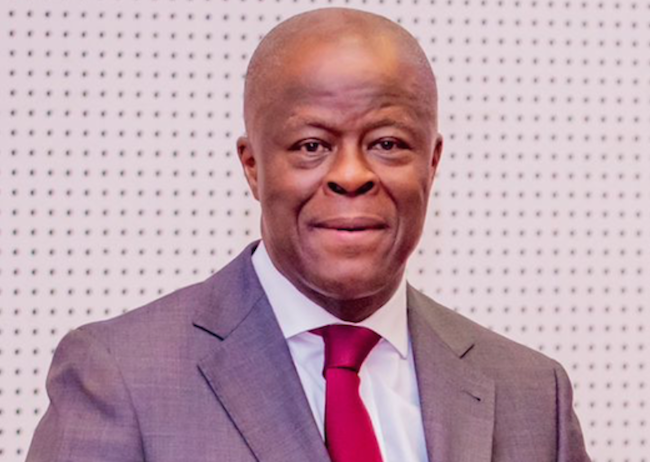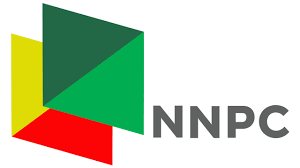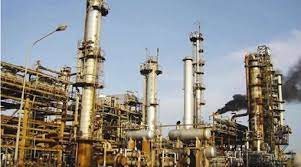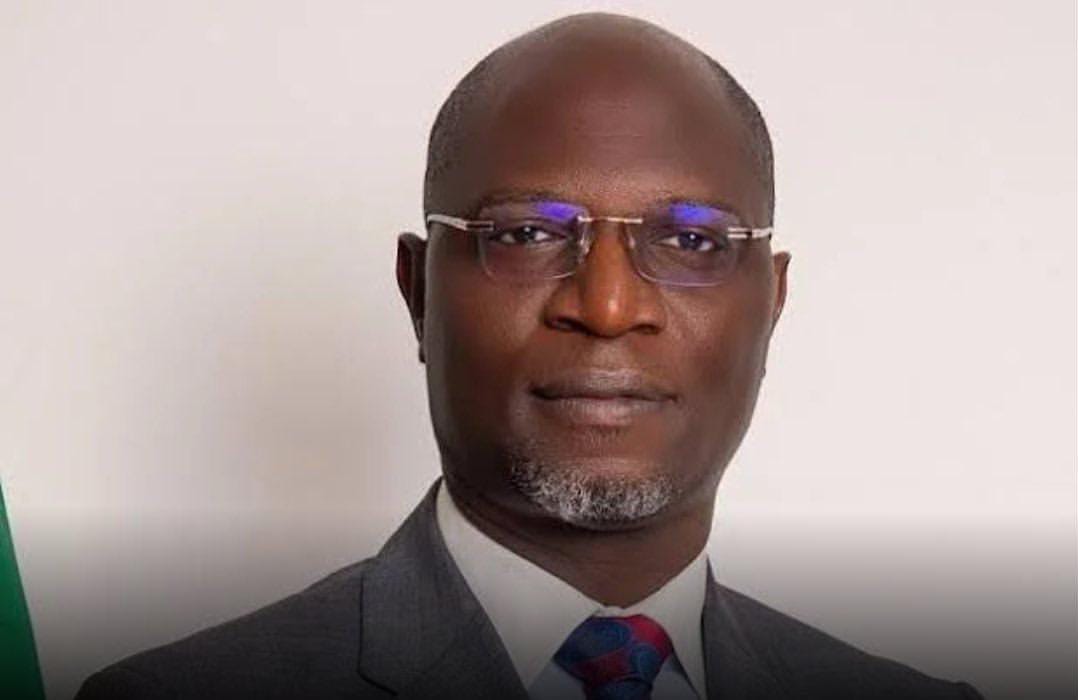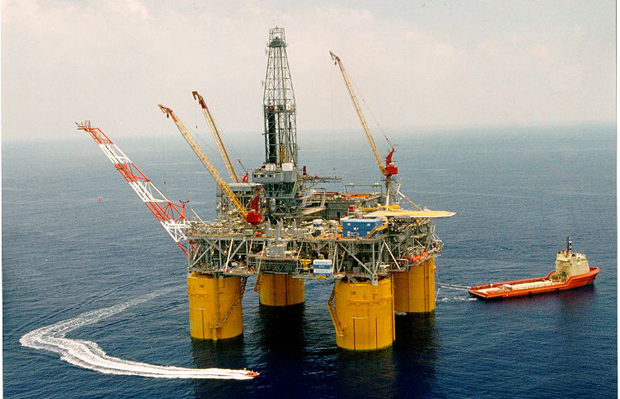The Federal Government has said it remained committed to deploying innovative and fiscally responsible financing strategies to optimise Nigeria’s oil assets, enhance external liquidity, and strengthen macroeconomic stability.
The government made the clarification as conversations continue around a proposed crude-for-loan arrangement with Saudi oil giant, Aramco.
In a statement, the Federal Ministry of Finance addressed recent media reports suggesting that discussions over a $5 billion oil-backed loan deal with Aramco may have collapsed. The ministry stated that no final decision has been taken on the matter and urged the public to disregard speculations about the status of the negotiations.
“While market speculation is not uncommon in the context of ongoing economic reforms and transactions, no final decision has been announced by the government, and commentary suggesting the collapse of any such initiative is unfounded,” the ministry said.
This clarification follows a report earlier in the week by Reuters, which indicated that the proposed oil-for-loan deal between Nigeria and Aramco had stalled. The report, citing four unnamed sources, said the deal was experiencing delays due to a recent downturn in global crude oil prices, which had raised concerns among prospective financiers.
According to the report, the deal — potentially Nigeria’s largest oil-backed loan — would have been the first of its kind involving Aramco at such scale in the country. However, the sharp drop in global oil prices, along with evolving market indices, reportedly dampened interest among Gulf and African banks expected to co-fund the facility.
The proposed $5 billion loan is part of President Bola Tinubu’s broader external borrowing strategy, which includes a recent request to the National Assembly for approval to borrow $21.5 billion to support the 2024 budget. Sources familiar with the deal said Tinubu first initiated talks during a bilateral meeting with Saudi Crown Prince Mohammed bin Salman in Riyadh at the Saudi-African Summit in November 2023.
As part of the loan terms, Nigeria would be required to allocate at least 100,000 barrels of crude oil per day to back the facility. However, oil price volatility and output constraints are reportedly complicating the structure of the arrangement.
Bonny Light, Nigeria’s flagship crude blend, is currently trading at around $78 per barrel, slightly above the $75 per barrel benchmark in the 2024 federal budget. Despite this, actual production remains below target. The May report from the Organisation of Petroleum Exporting Countries (OPEC) shows Nigeria produced just under 1.5 million barrels per day (bpd) in April, falling short of the 2 million bpd budgeted output.
Years of underinvestment in the oil sector have hindered Nigeria’s ability to ramp up production. At the same time, the country is using a significant portion of its oil output — estimated at about 300,000 bpd — to service existing oil-backed loans, primarily through the Nigerian National Petroleum Company Limited (NNPC Ltd).
While one of these facilities is expected to be paid off this month, lower oil prices mean Nigeria may need to allocate more barrels for debt servicing, which in turn affects its capacity to secure new deals.
The slow progress in the Aramco discussions is also attributed to concerns from participating banks over delivery commitments. Some of the lenders involved — said to include Gulf banks and at least one African financial institution — reportedly fear there may not be enough crude available to meet the loan terms due to existing obligations and rising joint-venture costs.
To address production shortfalls and increase oil revenue, the Federal Government has issued executive orders aimed at lowering production costs and incentivising upstream investments. These efforts are part of a broader push to stabilise the country’s fiscal outlook amid mounting budgetary needs and global market headwinds.
Despite the current challenges, the Federal Government maintains that its financing decisions will remain anchored on transparency, accountability, and the effective utilisation of the country’s oil resources.


